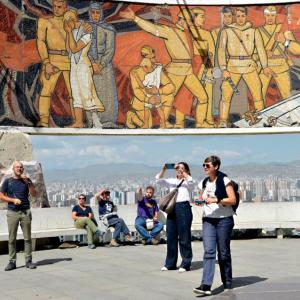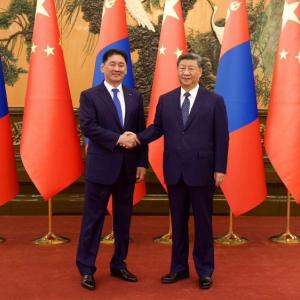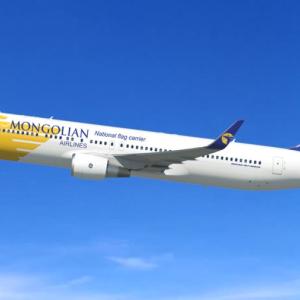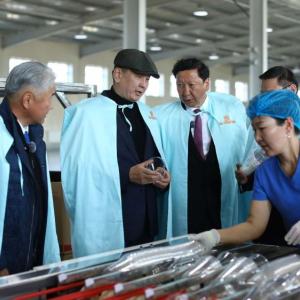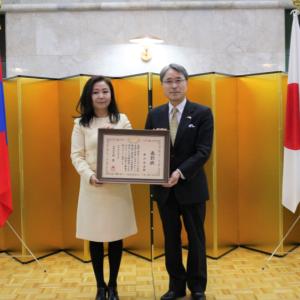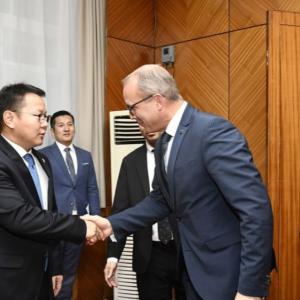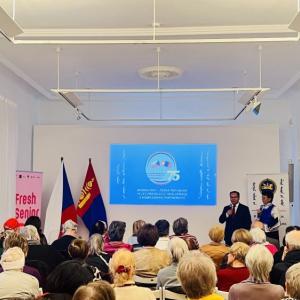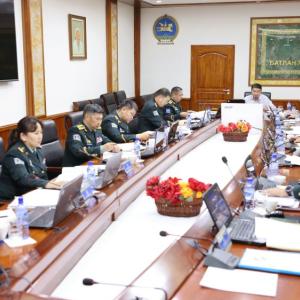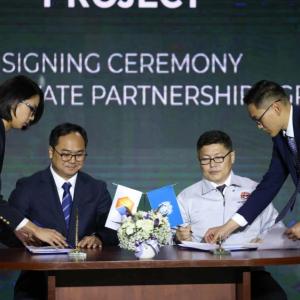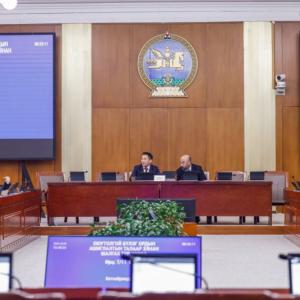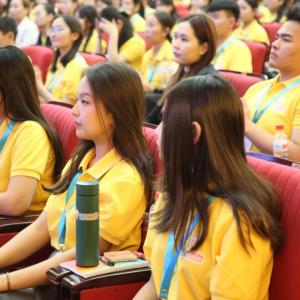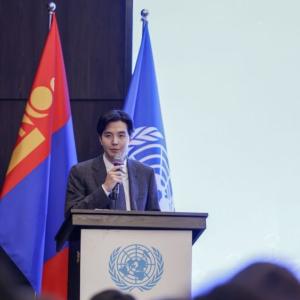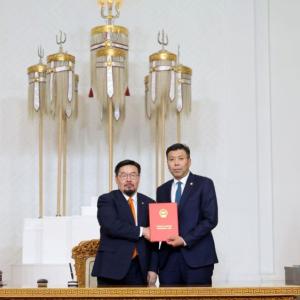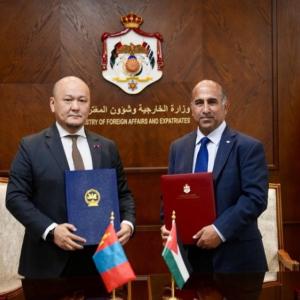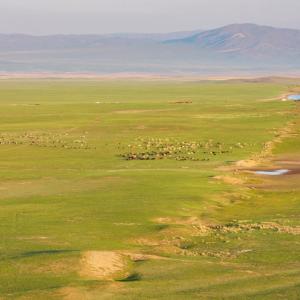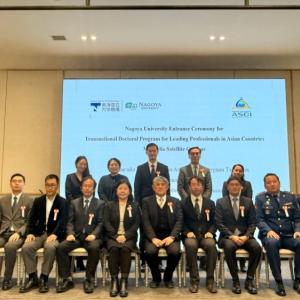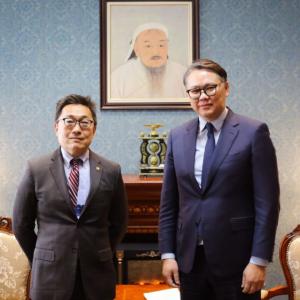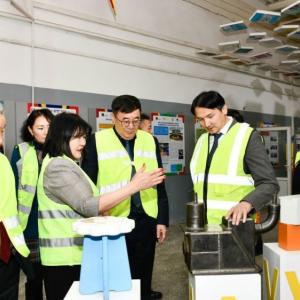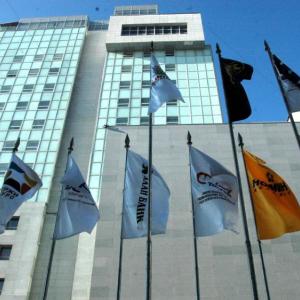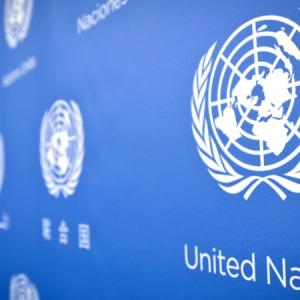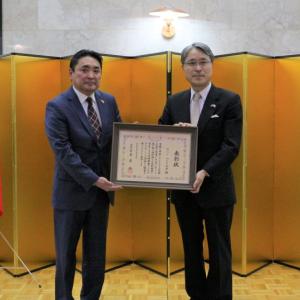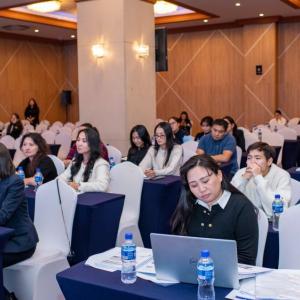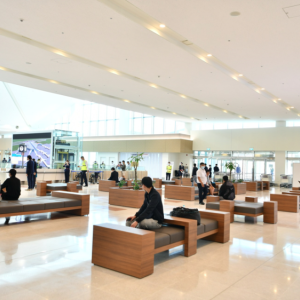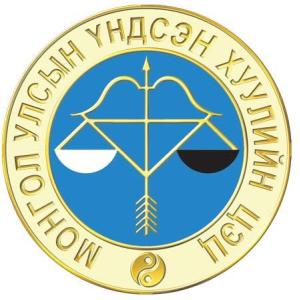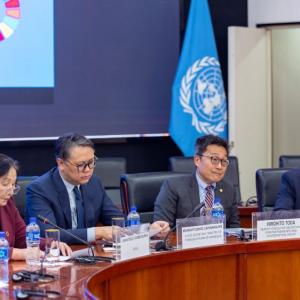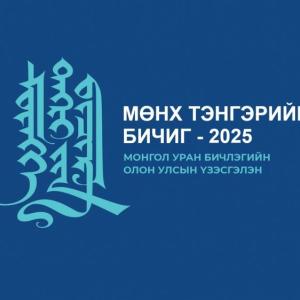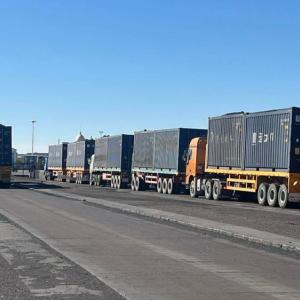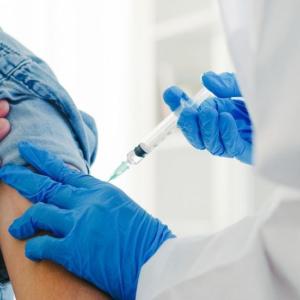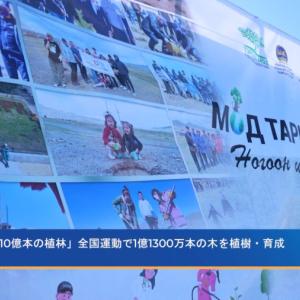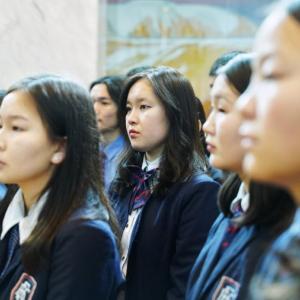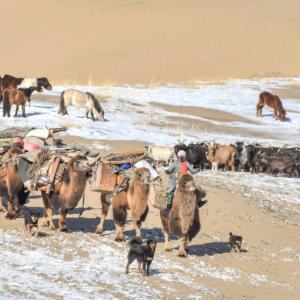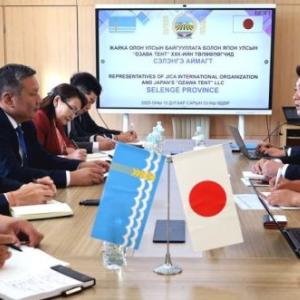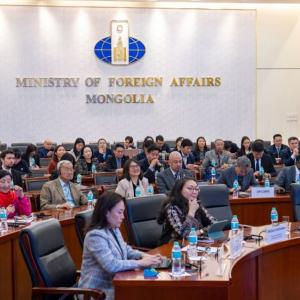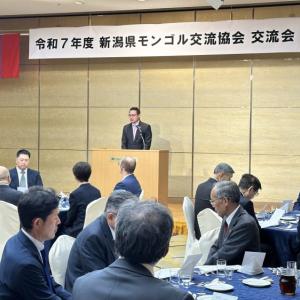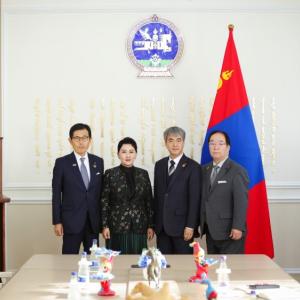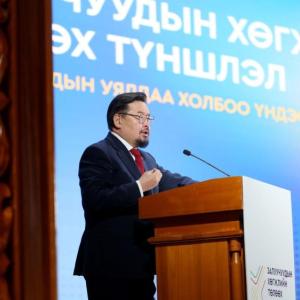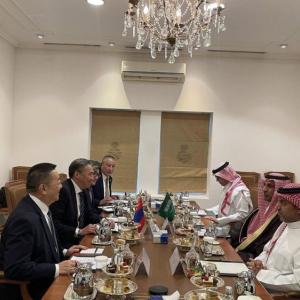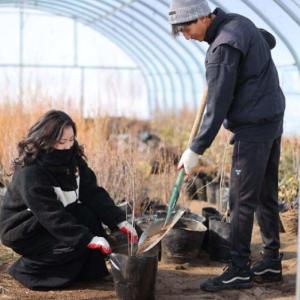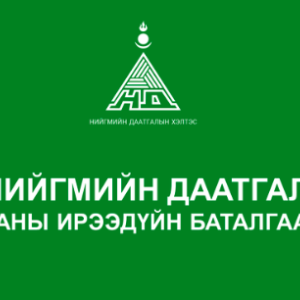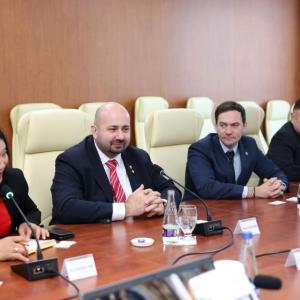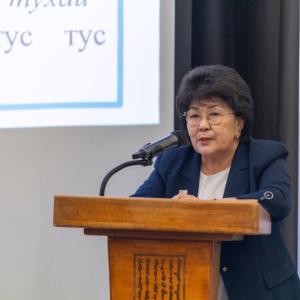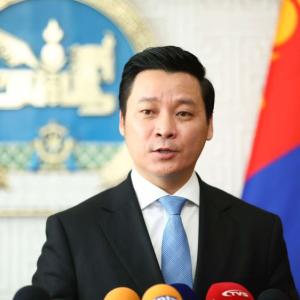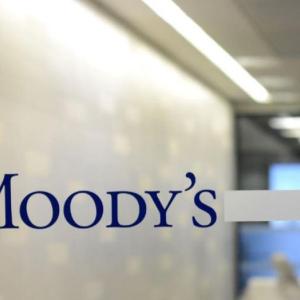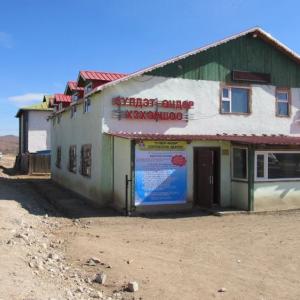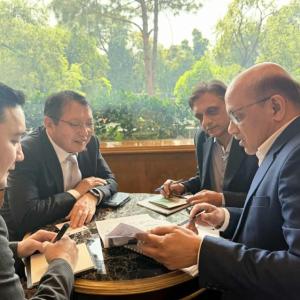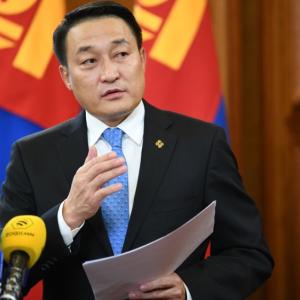Online symposium for Mongolian veterinary sector organized
Economy | Agriculture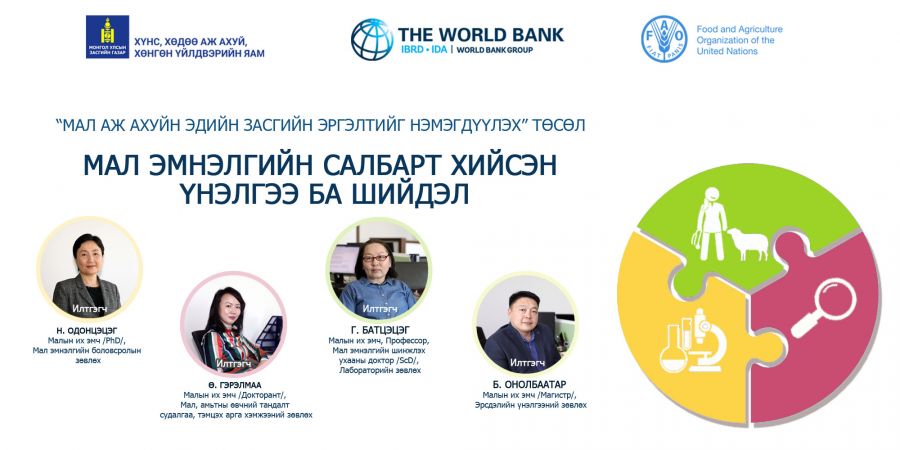
Ulaanbaatar/MONTSAME/. About 300 veterinarians from all across Mongolia
and working in all disciplines of animal health services participated in the 2-days online
Symposium of the Livestock Commercialization Project (LCP) on April 14-15. The symposium was organized by the Food and Agriculture
Organization (FAO) who is acting as Technical Service Agency for LCP.
Participants
were offered 20-minutes presentations by national experts and heads of the department
of the General Authority of Veterinary Services (GAVS) and director of State Central Veterinary
Laboratory (SCVL).
The Symposium was opened by Dr Ganzorig, the newly appointed Chief Veterinary Officer of GAVS. Next, three consultants contracted by FAO presented their assessment findings and recommendations on current animal disease surveillance programs, the veterinary diagnostic laboratory capacities, and training and re-licensing of veterinary professionals
.
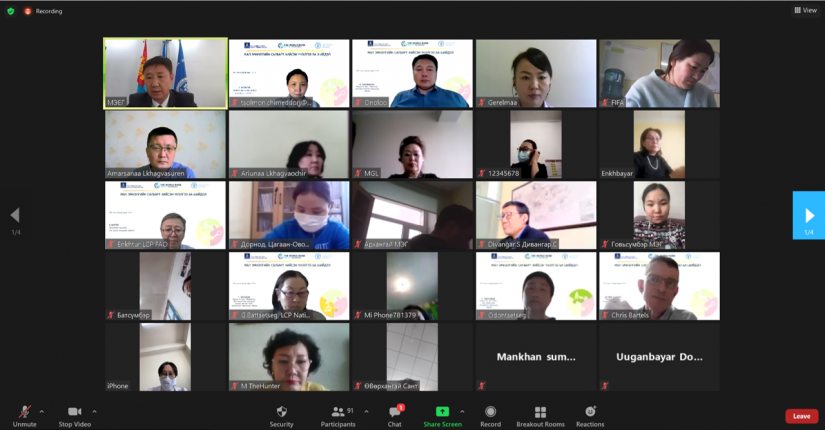
On the
second day, GAVS took the floor to outline future changes to GAVS programs
based on the findings of the consultants. These included innovations to animal
disease surveillance such that surveillance becomes an integrated and
continuous activity covering the whole of Mongolia and supporting the decision-makers
with real-time and accurate information. It discussed the draft of the framework
and strategy of the veterinary diagnostic laboratory network. These will form
the basis upon which this Network will be upgraded under the LCP. And it
outlined a recently started pilot where private veterinarians will conduct
clinical examinations of herds they are visiting for vaccination, deworming, or
disinfection. The results of these herd examinations will support Soum
epidemiologists to report on the animal health situation in their area. That
will allow Central GAVS to have more information to support decisions on
disease control and improving animal health.
After each
presentation, participants were given 2 propositions using the software tool
Mentimeter. This approach of interaction between the presenter and the audience
gave the presenter an immediate and good understanding of the opinions of
participants. The Mentimeter results were further discussed during the second
half of each day's session. However, with hundreds of participants, it was not
feasible to address all the questions. On April 21, an open online
session will follow-up on outstanding questions.
With the
Symposium successfully concluded, the animal health component of the LCP is
moving from the assessment phase into the implementation phase. The success of
this online Symposium has proven that despite severe restrictions in the
physical outreach of this project, it is very possible to create an online
platform to actually reach all corners of Mongolia. FAO will continue to
support the approach of sharing and discussing the findings and results of the
LCP with stakeholders.
 Ulaanbaatar
Ulaanbaatar







